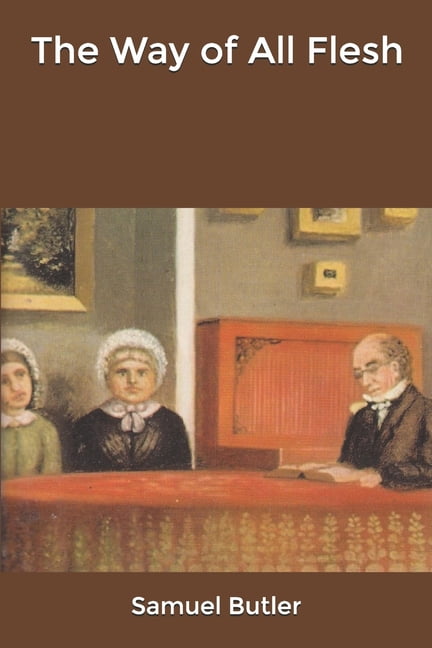

What could be worse than horrified people surrounded by horrifying things? The answer, as Bazterrica shows, is disinterested people surrounded by horrifying things. But the horror of the story comes not from the plot but from the tone. They are heavily regulated by the government and are euphemized to the point of abstraction to separate ‘livestock’ from the rest of humanity in the mind of the public. Unlike regular humans, these humans are bred in captivity, pumped up with growth hormones, categorized by race, quality and purity and then slaughtered on an assembly line. In a world where a deadly virus has rendered all livestock unfit for consumption, the agriculture industry has adapted by breeding and slaughtering humans like cattle. The context and timing of its publication give the book a veneer of eerie realism and relatability that it would not have otherwise had, casting a sinister shadow over the novel. Initially published in Argentina in 2017, the book’s 2020 debut into the English-speaking world coincided perfectly with the social trauma inflicted by the Covid-19 pandemic. Tender is the Flesh by Agustina Bazterrica is one of the most polarizing works of fiction I’ve had the pleasure (or rather, agony) of reading.

However, I now find myself in the unusual position of having read a good book that I cannot recommend-not without a sharp pang of misgiving in my chest. Generally speaking, when I read a good book, I have no qualms recommending it to others.


 0 kommentar(er)
0 kommentar(er)
